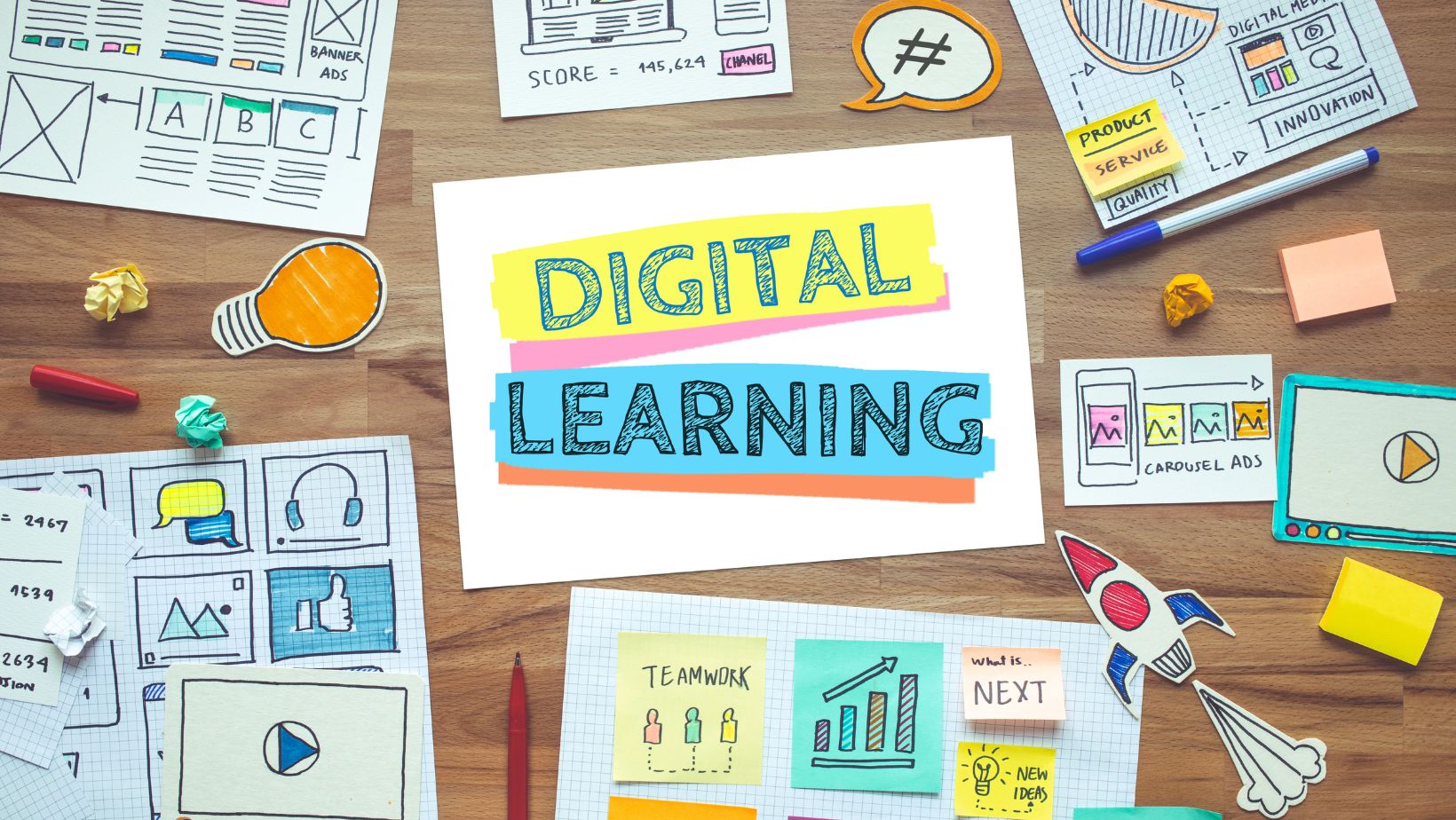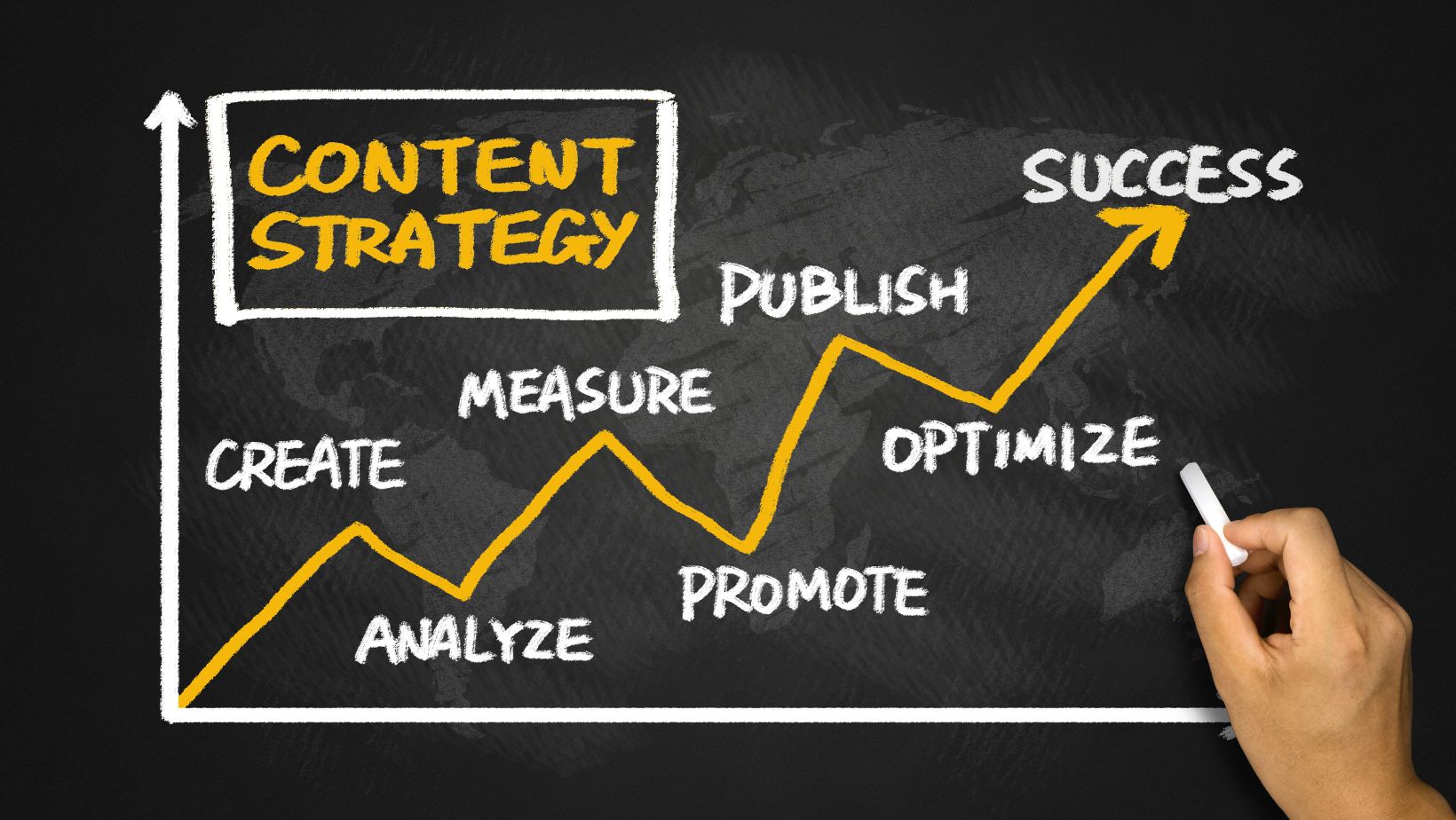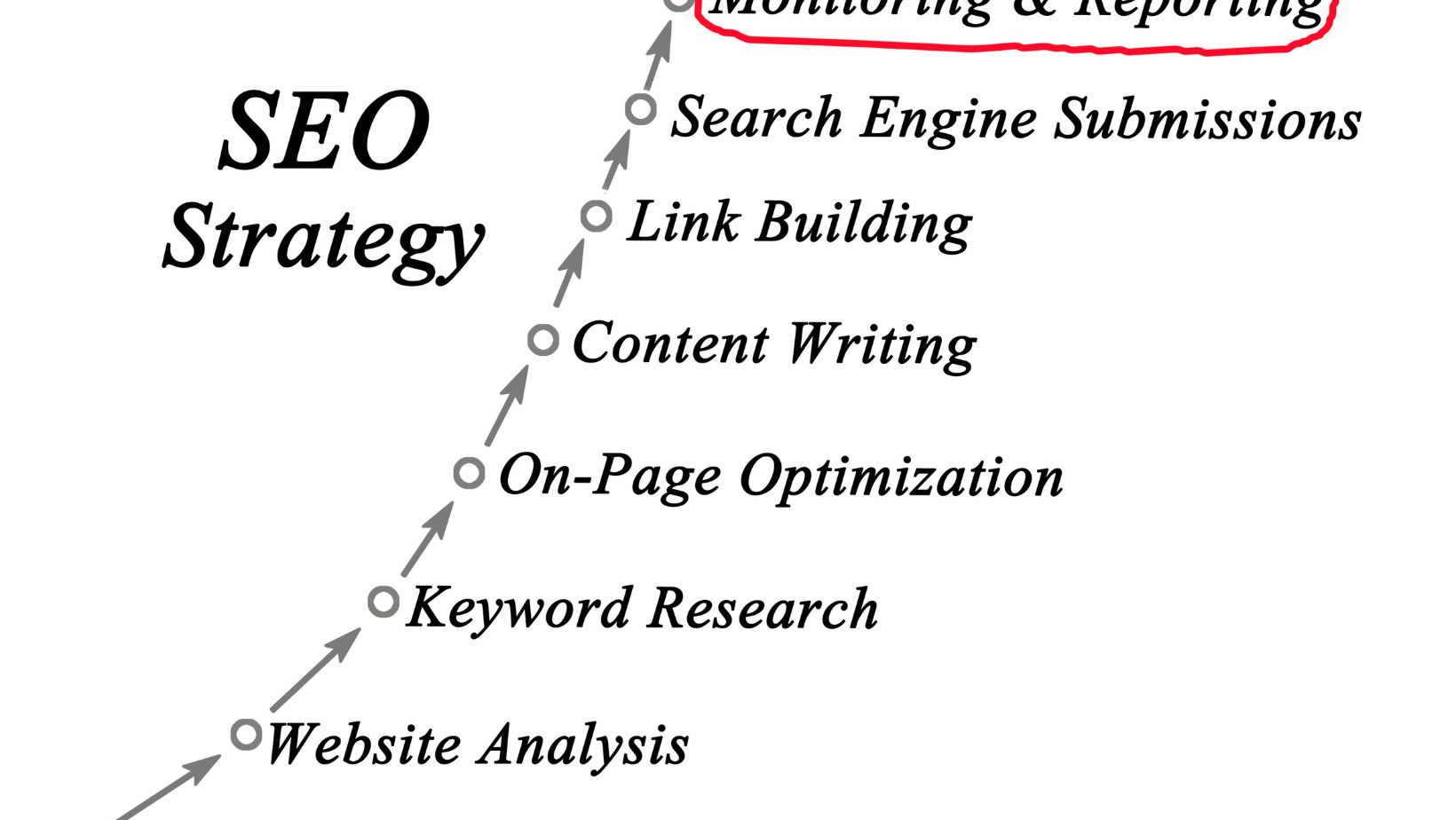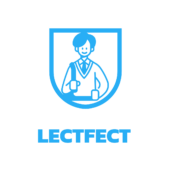
From mnemonic devices to spaced repetition techniques, there are various learning strategies that cater to different learning styles and preferences. These strategies not only help individuals grasp new concepts but also foster a deeper understanding of the material. Whether it’s creating mind maps, using flashcards, or engaging in active recall, the examples of learning strategies are diverse and adaptable to various learning environments. By exploring and incorporating these strategies into one’s study routine, learners can optimize their learning potential and achieve academic success.
Learning Strategies Examples
Definition of Learning Strategies
Learning strategies refer to specific methods or approaches that individuals employ to enhance their understanding and retention of information. These techniques are tailored to suit different learning styles and preferences, allowing learners to optimize their academic performance by efficiently processing and retaining knowledge.
Importance in Education and Personal Growth
The utilization of effective learning strategies plays a pivotal role in both educational pursuits and personal development. By employing diverse strategies such as mnemonic devices, spaced repetition, mind maps, flashcards, and active recall, individuals can not only acquire new knowledge but also deepen their comprehension of various subjects. These strategies are instrumental in maximizing learning potential, promoting academic success, and fostering continuous personal growth.
Types of Learning Strategies
Cognitive Learning Strategies

Cognitive learning strategies involve mental processes that help individuals acquire and retain knowledge more effectively. These strategies focus on how information is processed, understood, and remembered. Examples of cognitive learning strategies include:
- Concept Mapping: Creating visual representations of information to organize and structure concepts for better understanding.
- Summarization: Condensing information into key points to enhance comprehension and retention.
- Critical Thinking: Analyzing, evaluating, and applying information to solve problems and make informed decisions.
- Analogies: Drawing parallels between new and familiar concepts to aid in comprehension.
- Visualization: Using mental imagery to connect concepts and enhance memory retention.
Metacognitive Learning Strategies

Metacognitive learning strategies involve thinking about one’s own learning process to improve understanding and retention. These strategies focus on self-regulation and monitoring of learning. Examples of metacognitive learning strategies include:
- Goal Setting: Establishing clear objectives to guide learning and track progress.
- Self-Questioning: Asking oneself questions to monitor comprehension and reinforce learning.
- Reflection: Reviewing and evaluating one’s learning process to identify strengths and areas for improvement.
- Planning: Organizing study schedules and approaches to optimize learning outcomes.
- Monitoring: Keeping track of one’s learning progress and adjusting strategies as needed.
- Collaborative Learning: Working with peers to discuss, explain, and reinforce learning concepts.
- Peer Teaching: Explaining concepts to others to deepen understanding and reinforce knowledge.
- Feedback Seeking: Requesting and incorporating feedback from others to improve learning outcomes.
- Emotional Regulation: Managing emotions such as stress, anxiety, and motivation to optimize learning performance.
- Empathy: Understanding and relating to others’ perspectives to enhance teamwork and learning experiences.
Implementing Learning Strategies Effectively
Incorporating a variety of learning strategies can significantly impact one’s ability to grasp and retain information effectively. By tailoring these methods to individual learning preferences, one can optimize their learning potential. Whether it’s utilizing mnemonic devices, spaced repetition, mind maps, flashcards, or active recall, each strategy plays a crucial role in enhancing comprehension. In academic settings, techniques like concept mapping, summarization, critical thinking, analogies, and visualization offer valuable tools for academic success. Similarly, in professional environments, strategies such as goal setting, self-questioning, reflection, planning, and monitoring are essential for continuous growth and career advancement. Embracing these diverse learning strategies can pave the way for a more successful and fulfilling learning journey.

